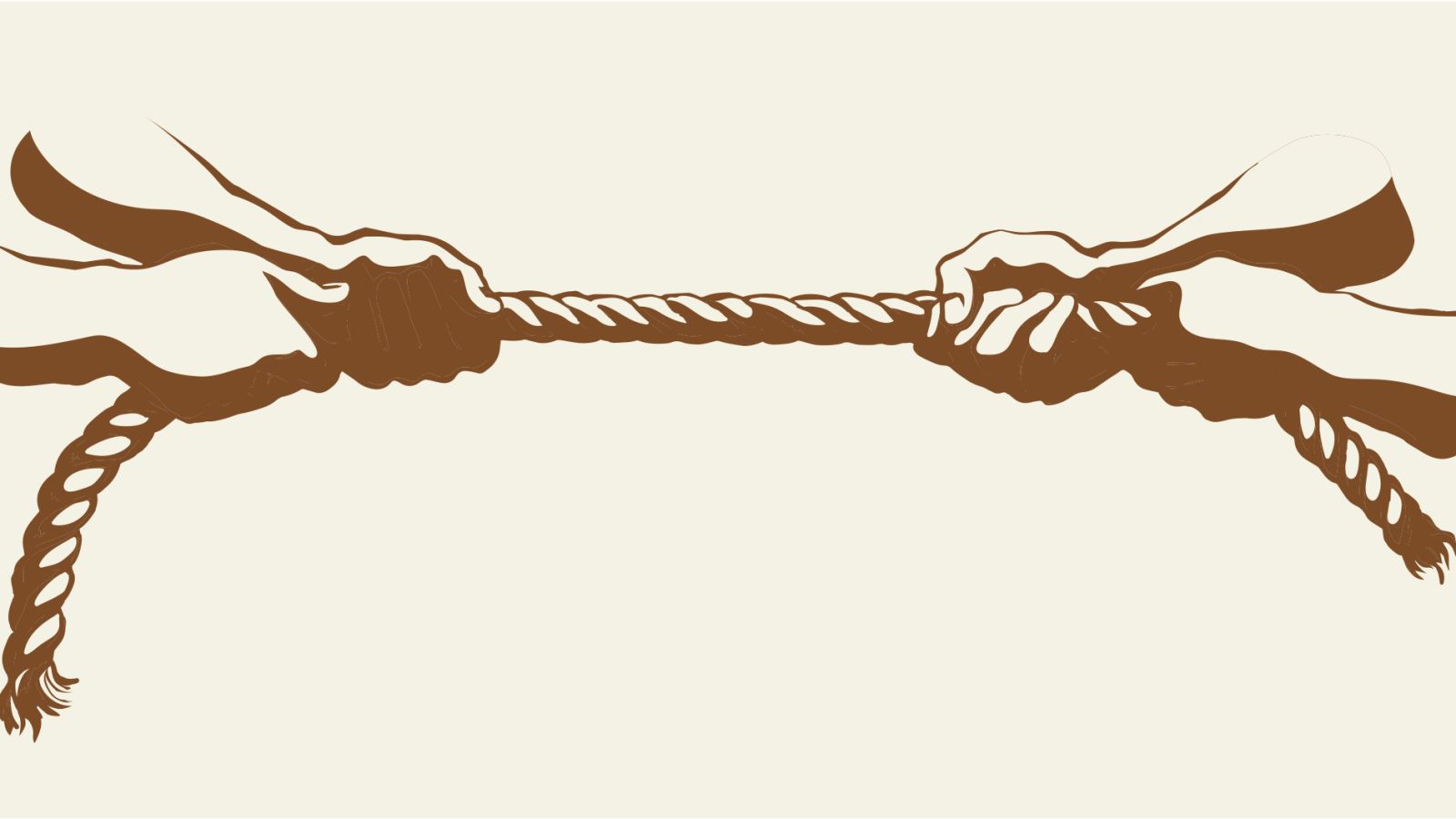Various Questions from the Community of Toronto to the Yemenī Students of Knowledge
Shaykh ʿAbd al-Raḥmān al-ʿAdanī


For indeed they (kuffār schools) propagate false beliefs and theories, like the Darwin Theory. They also strive in the promotion of evil characteristics and degraḍīng lowly customs which are in appropriation with them. Considering this, it is upon you and all the Muslims, both male and female to leave off the attendance of these types of schools.
[Q1]: I am a Salafī sister trying my best to follow the sunnah. My mother has married a man who is a shīʿī. Unfortunately he is a follower of the ‘Jafarī shee’ah’ school of thought and believes in the twelve Imāms. He is presently the Imām of the Shīʿah in my home city for the last 10 years and has visited Khumaynee three times while he, Khumaynee was alive. Now after some time my mother has also joined the shee’ah. Should I pray behind my mother’s husband? Should I allow my children to play with his (children) who are also shee’ah? What is the best way to give my mother daʿwah back to the haqq, seeing that she was very ignorant about the basics of Islām?
[Q2]: A person usually prays 4 rakaʿāt (nawāfil) after ṣalāt al-ẓuhr – one day he forgot to perform this sunnah prayer. Later on he remembered after ṣalāt al-ʿasr so he prayed the 4 nawāfil of dhuhr after the ʿasr prayer. Is this correct? Please support your answer with dalīl if possible. May Allāh reward you.
[Q3]: When calling the aẓan when it rains or there is snow, what are the permissible ways to add the part ‘ṣallū fī buyūtikum’ or ‘ṣallū fī riḥālikum’? Does one add it at the end, middle or leave out part of the original aẓan?
[Q4]: Last year, due to my reversion (to Islām), I decided to wear the khimār to my private school (out of my ignorance, I thought with the head scarf I would be properly covered). In return, I got expelled because I was going against the school policy. I really did not know very much and the Muslims in my area (upon the manhaj of the ikhwān al-Muflisīn) told me to report it to the Human Rights Commission. My parents and I followed their advice and since the process takes a while we should know soon enough if and when the case will go to court. However, now I realize that maybe it isn’t permissible to bring them to court because I shouldn’t have been going in the first place for the following reasons:
a) The education is taught by kuffār (who in some classes preach ‘evolution’)
b) There is a lot of free mixing
c) I would have been wearing trousers (which means I wouldn’t have been covered and I would have been imitating men)
Also, we are not only asking for a sum of money but we are also going to ask them to change their dress code in order to let other girls wear the khimār if they wish. With the money I would be getting, I was planning on making ḥijrah with my brother since we are both dependant of our parents who would not want to pay for this (my father being a brailwee and my mother a kāfirah). So I need to know if it permissible to bring them to court?
[Q5]: I already asked this question before but I was not able to get an answer yet (I understand though, considering it is a difficult question and people are busy) but I would like to ask it again, insha’Allāh:
My brother and I used to pray behind our barailwee father because we were not aware of the major shirk which he would commit. However, now we know and we realize that it is not permissible to pray behind him. The thing is, we don’t want him to know because it will have terrible outcomes on our situation which is already not good. So what we do is, when the time comes to pray behind him (which is usually only ẓuhr and ʿasr prayers) he starts thinking he is the Imām and my brother and I make the intention of praying our own prayer. Our father is in front so he can’t see us, but we still pray at the same pace as him not to make it too obvious (sometimes a bit slower sometimes a bit faster since we are still praying on our own). It seems simple but sometimes it gets very complicated, for if my brother is not there, my father is able to see me (so I need to pray at the same pace as him), or even worse I wouldn’t know how to react if he made a mistake in his prayer (for instance if he sits at the third rakah by accident thinking it is his fourth, I can’t clap my hand to correct him since I am not praying behind him, but if I get up he will find out). So I need to know if we must tell him that we can’t pray behind him or if we are allowed to do what we do (and in that case I would also like to know how to react in a situation where he makes an error).
[Q6]: A brother has a female (non-Muslim) cousin who constantly calls him on the phone at his home where he lives with his wife. Unfortunately, his non-Muslim cousin raises her voice and demands that he visit her and so he feels obligated to visit her. What should the brother do in such a situation especially since it is causing fitnah between him and his wife?
[Q7]: The incarcerated Muslims sometimes marry in prison and are more or less forced to have their marriages performed by methods that are only recognized by the non-Muslim state/government prison authorities. Is an incarcerated Muslim who is compelled to marry whilst in prison, and the only accepted authority by the prison administration are other non-Muslim officials, is this an acceptable marriage? Is a marriage between two Muslims, performed by a non-Muslim valid (under any circumstance)?

















